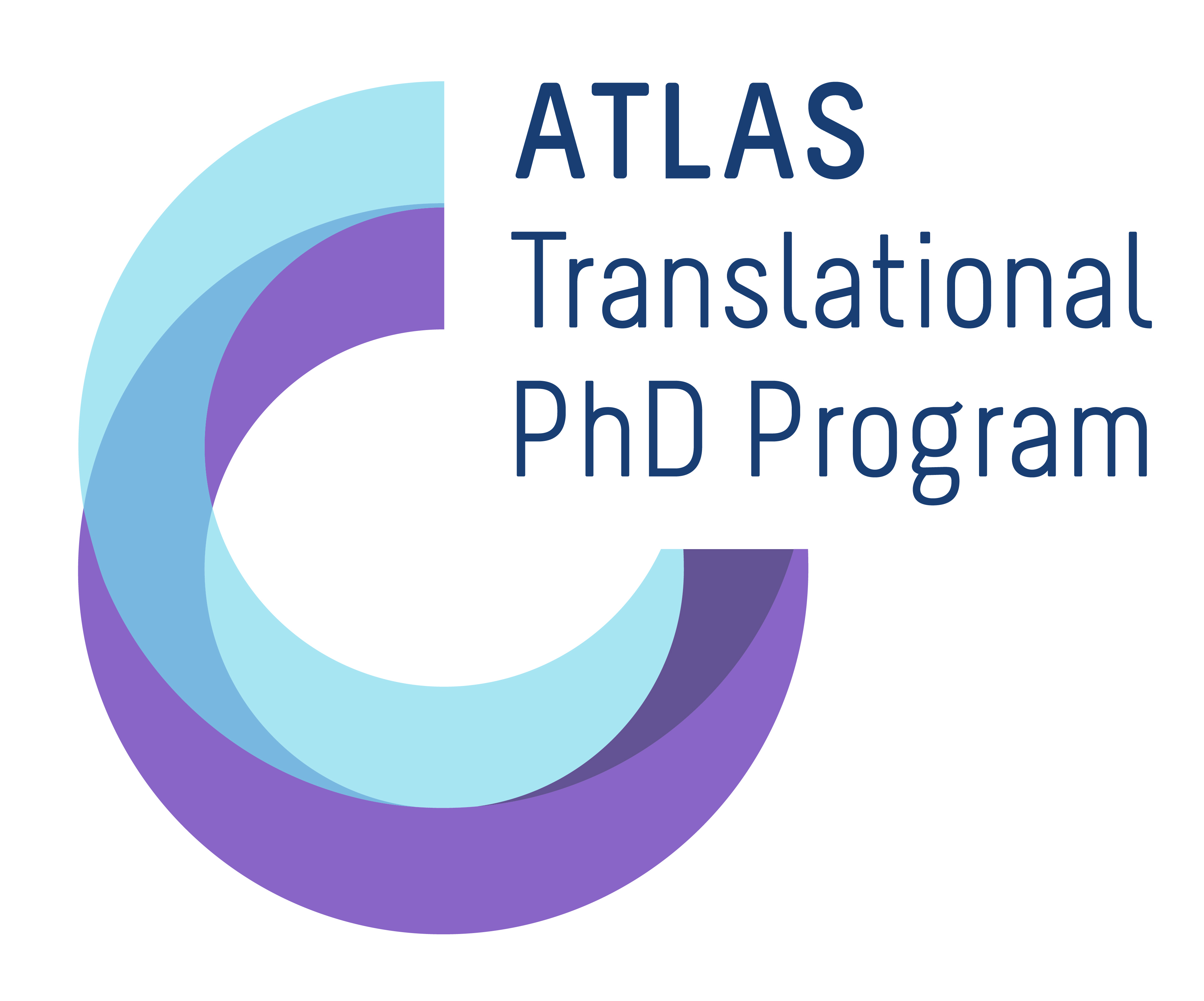Scientific background
Sarcomas are rare, aggressive cancers with limited treatment options and poor response to current immunotherapies. Many subtypes are defined by distinct gene fusions that drive oncogenesis and tumor progression. However, it remains poorly understood how the expression and the activity state of these fusion oncogenes influences tumor heterogeneity, immune evasion, and treatment resistance. Recent studies suggest that fusion-positive sarcoma cells exhibit fusion-dependent transcriptional and epigenetic states, which may have a role in their interactions with the immune system. Understanding the precise mechanisms by which fusions shape the immune microenvironment would be crucial to reveal new vulnerabilities and predictive biomarkers, in this way supporting more effective therapeutic strategies.
PhD project description
The goals of this PhD project are a) to investigate how the activity state of known fusion oncogenes affects intratumor heterogeneity and the surrounding immune landscape in fusion-positive sarcoma subtypes, and b) to characterize the epigenetic and regulatory mechanisms modulating the fusion status. Using a combination of cutting-edge single-cell multi-omic approaches, including single-cell long-read RNA and ATAC sequencing, the student will profile patient’s tumor tissues as well as in-vitro models to map fusion-driven heterogeneity, immune evasion mechanisms, and regulatory networks. Functional assays in cell line-based systems will be performed to experimentally validate mechanisms emerged from omics data and to test the effects of fusion activity perturbation. The student will work within a strong interdisciplinary and collaborative framework, gaining experience in different wet lab techniques, computational analysis, and translational research.
Required profile of the candidate
The ideal candidate should have:
Background in molecular biology, genomics and (cancer) immunology;
Hands-on experience in molecular biology, standard eukaryotic cell culture techniques and cell biology assays;
Enthusiasm for analysis using bioinformatics tools to analyse large single-cell data sets, with experience in R or Python being a plus.
Familiarity with Next-Generation Sequencing and single-cell technologies is a plus;
Curiosity-driven, open to learn advanced technologies and methods;
Interest in translational research;
Strong visual, verbal, and written communication skills.
Publications relevant to the project
Wood, Georgina E et al. “Immunotherapy in Sarcoma: Current Data and Promising Strategies.” American Society of Clinical Oncology educational book. American Society of Clinical Oncology. Annual Meeting vol. 44,3 (2024): e432234. doi:10.1200/EDBK_432234
Anzar, Irantzu et al. “The interplay between neoantigens and immune cells in sarcomas treated with checkpoint inhibition.” Frontiers in immunology vol. 14 1226445. 20 Sep. 2023, doi:10.3389/fimmu.2023.1226445
Apfelbaum, April A et al. “The importance of fusion protein activity in Ewing sarcoma and the cell intrinsic and extrinsic factors that regulate it: A review.” Frontiers in oncology vol. 12 1044707. 24 Nov. 2022, doi:10.3389/fonc.2022.1044707
Franzetti, G-A et al. “Cell-to-cell heterogeneity of EWSR1-FLI1 activity determines proliferation/migration choices in Ewing sarcoma cells.” Oncogene vol. 36,25 (2017): 3505-3514. doi:10.1038/onc.2016.498
Jerby-Arnon, Livnat et al. “Opposing immune and genetic mechanisms shape oncogenic programs in synovial sarcoma.” Nature medicine vol. 27,2 (2021): 289-300. doi:10.1038/s41591-020-01212-6
Weber, David et al. “Accurate detection of tumor-specific gene fusions reveals strongly immunogenic personal neo-antigens.” Nature biotechnology vol. 40,8 (2022): 1276-1284. doi:10.1038/s41587-022-01247-9
